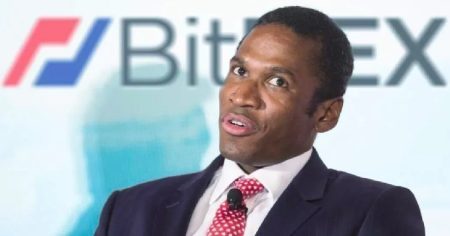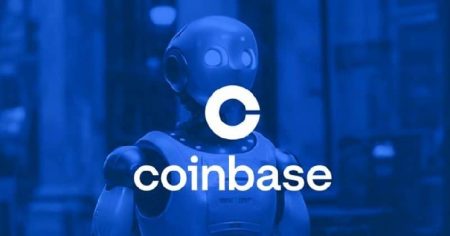Recall Network Unveils Native Token Launch, Pioneering Decentralized AI Marketplace
Revolutionary Platform Set to Release RECALL Token on Base Network, Empowering Community-Driven AI Development
In a significant advancement for decentralized artificial intelligence, Recall Network announced Wednesday its plans to launch RECALL, the platform’s native token, on October 15. This milestone development, shared exclusively with CoinDesk, marks a pivotal moment in the evolution of community-driven AI systems, with select early supporters receiving privileged airdrop access. The ERC-20 token will be minted on Coinbase’s Layer 2 network, Base, with cross-chain compatibility allowing users to bridge tokens to various blockchain ecosystems as needed.
The launch represents a collaborative effort among leading entities in the AI blockchain space, bringing together an impressive coalition of partners including Eliza, Sapien, Gaia, Cookie, Olas, Morpheus, Intuition, Protocol Labs, and Lit. These organizations share a unified vision: accelerating global technological progress through open, decentralized AI ecosystems that prioritize community governance and transparent development processes. This alliance signals growing industry recognition that AI advancement requires diverse input beyond traditional corporate boundaries.
“Skill markets accelerate the development of quality AI towards the diverse needs of humanity by giving people the power to crowdfund AI tools for the use cases they need and earn by ranking the best submissions,” explained Andrew Hill, CEO of Recall Labs. “Whether you need crypto trading bots or python coding tools, for the first time, you now have a say in what AI gets built, and the incentives to ensure only the best AI gets rewarded.” This democratized approach stands in stark contrast to conventional AI development models, where decisions about which technologies receive resources typically remain centralized within major corporations.
Transforming AI Development Through Community Participation
The RECALL token introduces a revolutionary mechanism for AI tool development and curation, establishing a true market-driven approach to technological advancement. Token holders gain the ability to crowdfund AI solutions tailored to their specific needs, effectively shifting resource allocation power from centralized authorities to distributed communities. Developers who create successful AI agents and models earn RECALL tokens as rewards, while community members who participate in evaluating and selecting the most effective tools also receive compensation through the platform’s tokenomics structure.
This innovative model ensures that only the highest-performing AI products receive recognition and financial support, rising to the top of the platform’s leaderboards through merit rather than marketing. Additionally, token holders can actively participate in governance decisions, including protocol upgrades and treasury allocations, further enhancing the decentralized nature of the ecosystem. The result is a self-regulating marketplace where the most valuable AI tools naturally rise to prominence based on actual utility and performance metrics rather than speculative valuation.
Recall itself emerged from the strategic merger between Textile and Ceramic development company 3Box Labs, establishing a decentralized skill marketplace where AI models and agents can compete transparently on blockchain infrastructure. Since launching its public testnet in March 2025, the platform has developed sophisticated evaluation frameworks that allow for objective assessment of AI capabilities across various domains. This transparency stands in marked contrast to many proprietary AI systems, where evaluation criteria and performance metrics often remain hidden from public scrutiny.
Strategic Tokenomics for Long-term Sustainability
The token launch will make 200 million RECALL tokens available initially, representing 20% of the total fixed supply of 1 billion tokens. This measured approach to distribution demonstrates the team’s commitment to sustainable growth rather than short-term speculation. The largest portion of the total supply—30%—is specifically allocated to community development and ecosystem expansion, funding critical elements including user rewards, platform improvements, grants for developers, and strategic partnerships to enhance adoption across various sectors.
The distribution schedule further reflects careful planning, with an additional 27% of tokens scheduled for release after the first year of operation, followed by a gradual release of the remaining 73% over a subsequent 48-month period. This extended vesting timeline aligns stakeholder incentives with the platform’s long-term success, discouraging short-term speculation in favor of sustainable ecosystem building. Such thoughtful tokenomics design demonstrates Recall’s commitment to creating lasting infrastructure rather than capitalizing on temporary market enthusiasm.
“We’re proud to reward early supporters and launch with a world-class list of partners who share our vision for accelerating human and AI alignment and bringing attention to AI solutions that actually work,” said Michael Sena, CMO of Recall Labs. When the mainnet launches, Recall will debut with markets already established for crypto trading AI agents, enabling users to immediately monetize their knowledge by evaluating agent performance. Community members can participate by staking RECALL tokens through the platform’s application at app.recall.network, with additional specialized markets for various AI skills scheduled to launch shortly thereafter.
From Crypto Trading to Global AI Marketplace
Recall’s strategic approach to market penetration reveals sophisticated planning and execution. By initially targeting crypto trading as its primary use case, the platform leveraged an existing high-volume market with clear performance metrics and natural relevance to the blockchain community. This focused strategy has yielded impressive results, with the platform already scaling to over 1.4 million users across 11 distinct market categories, featuring 155,000 AI solutions and accumulating more than 9.5 million curation signals that help identify the most effective tools.
Building on this substantial foundation, Recall plans to methodically expand into adjacent crypto-related markets while simultaneously broadening its scope to encompass AI agents and models that address increasingly diverse use cases beyond trading. The long-term vision positions Recall as an open, permissionless marketplace where any AI skill that generates sufficient community interest can be developed, funded, and curated through decentralized processes. This evolution could potentially transform how specialized AI solutions emerge, with market forces rather than corporate planning determining which capabilities receive development resources.
The implications of Recall’s model extend far beyond cryptocurrency applications, potentially addressing a fundamental challenge in artificial intelligence development. By creating transparent mechanisms for community-driven development and curation, Recall offers a potential solution to the growing concern about AI alignment—ensuring that advanced systems remain beneficial and responsive to human needs rather than diverging toward potentially problematic objectives. If successful, this decentralized approach could establish new paradigms for technological governance at a crucial moment in AI’s evolution.
The October 15 token launch represents not merely another cryptocurrency debut but potentially the emergence of a fundamentally new model for technological development—one where communities rather than corporations determine which AI capabilities deserve resources and recognition. For those interested in participating in this ecosystem, the upcoming token launch provides the first opportunity to engage with what could become a transformative force in how humanity navigates the rapidly evolving landscape of artificial intelligence. As AI capabilities continue advancing at unprecedented rates, platforms like Recall may offer essential frameworks for ensuring these powerful technologies develop in alignment with human values and diverse community needs.

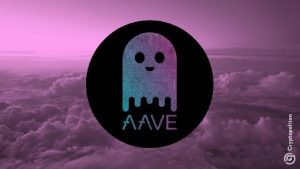


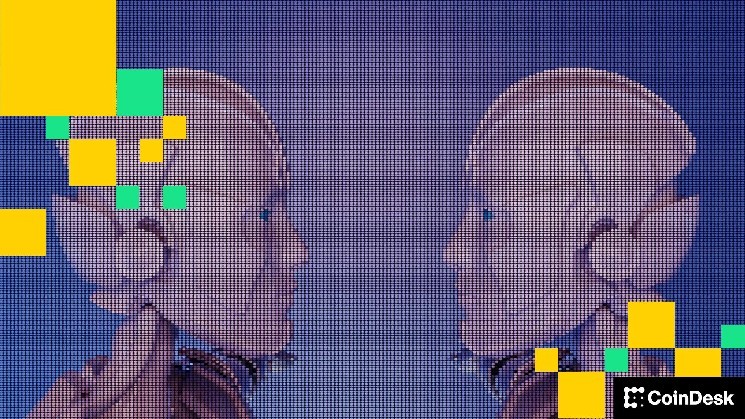
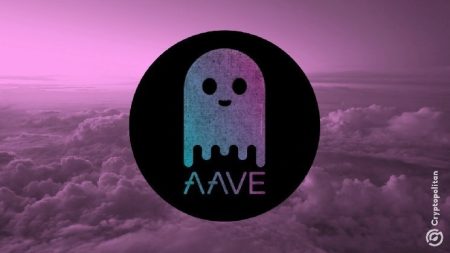
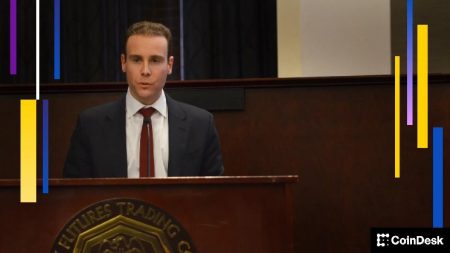


![Standard Chartered Cuts Bitcoin and Ethereum Forecasts, Predicts Bottom by [Date] at $[Price]](https://commstrader.com/wp-content/uploads/2026/02/3f2a2e40b5435ea86ade84c25b7ee76c02e7fe3c-450x300.jpg)

